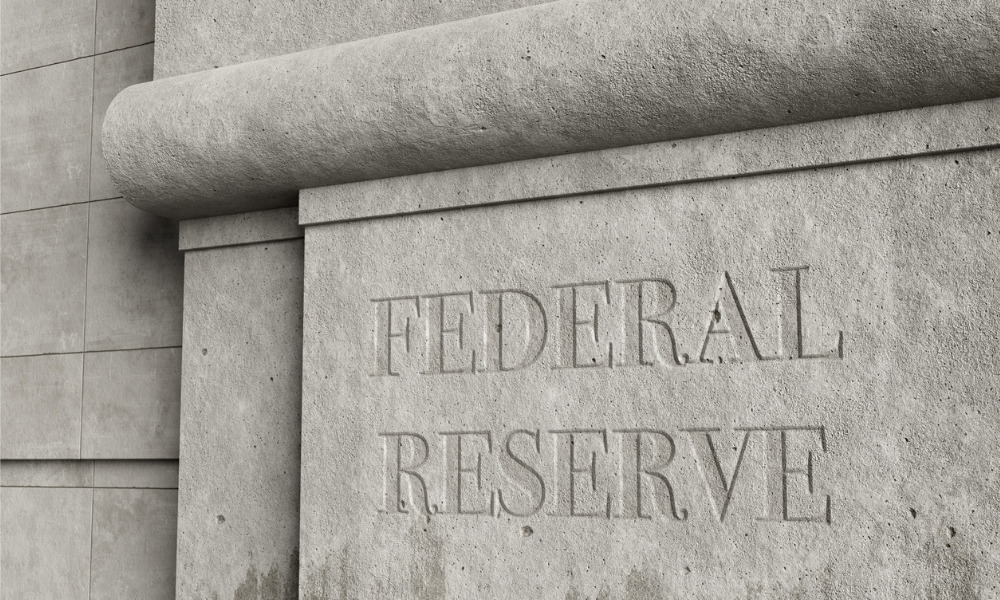Businesses detail brutal effects of inflation fight

Federal Reserve chair Jerome Powell wasn’t conducting an orchestra on Friday, but he did get an earful from a diverse chorus of business leaders struggling with rising interest rates and persistent economic headwinds.
At the latest “Fed Listens” event, a series designed to provide the central bank with an on-the-ground view of their decisions’ consequences, attendees pulled no punches in detailing the strains from higher borrowing costs.
Whitney Ferris-Hansen, owner of a Colorado ranch, painted a stark picture for policymakers.
“[It] has a stranglehold on the American agriculturalist right now,” she said, describing the combined impact of rising interest rates and volatile commodity prices on rural America.
“An increase in rates is always expected and planned for, but the speed at which these increases happened could not be risk-managed; we could not forward contract grain fast enough to hedge these interest rates,” Ferris-Hansen added.
The Fed raised rates rapidly starting in March 2022 to tackle decades-high inflation, lifting its benchmark rate to the current 5.25%-5.5% range where it has held steady since July.
Read more: Fed announces March rate decision
While the central bank expects to cut rates later this year once inflation is under better control, many Americans already feel the impacts.
Cara Walton, representing a Michigan consulting firm focused on small manufacturers, spoke of a profit squeeze. Higher costs across the board, from borrowing to raw materials and labor, are forcing some companies to hit the brakes on crucial equipment upgrades. She explained that the combination of expensive financing and slowing demand was creating a double whammy.
“Small manufacturing companies with young leaders have never run a business with interest rates like this... it’s uncharted territory for us,” Walton said.
Derrick Chubbs, CEO of Second Harvest Food Bank of Central Florida, said that rising costs for basic necessities were creating a “perfect storm” for low-income families. His nonprofit now distributes 300,000 meals daily.
“We’re basically in the midst of a perfect storm,” Chubbs said, though he noted some optimism with Orlando rents declining for the first time since 2020, likely due to the Fed’s policies.
Labor economist Svenja Gudell, of job site Indeed, offered a slightly brighter note. She pointed to signs of cooling in the previously “frenzied” job market, especially in higher-wage fields like technology.
This aligns with the Fed’s goal of slowing the economy enough to curb inflation. However, hiring has also slowed for lower-wage roles that added benefits during the pandemic.
Stay updated with the freshest mortgage news. Get exclusive interviews, breaking news, and industry events in your inbox, and always be the first to know by subscribing to our FREE daily newsletter.



